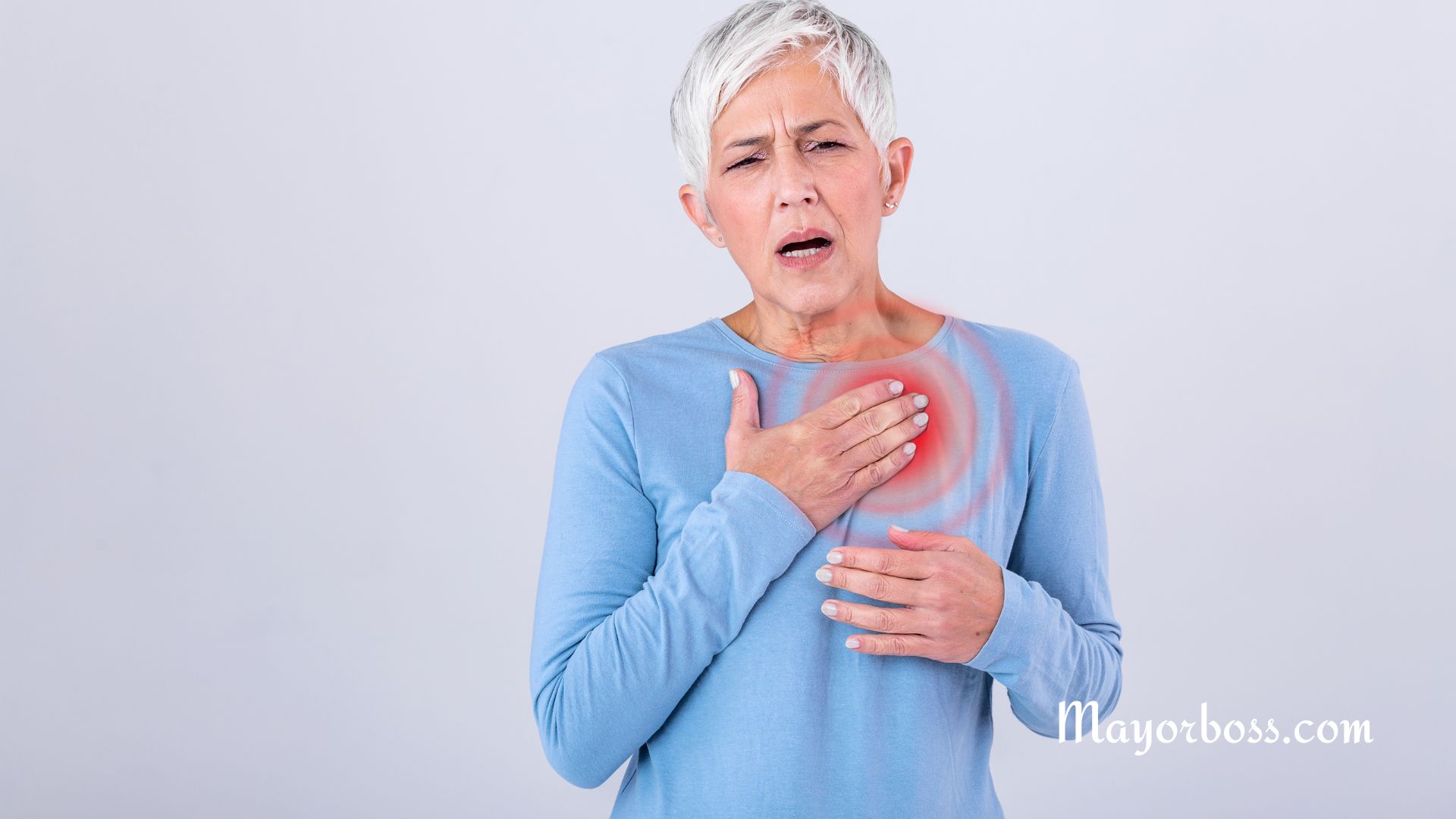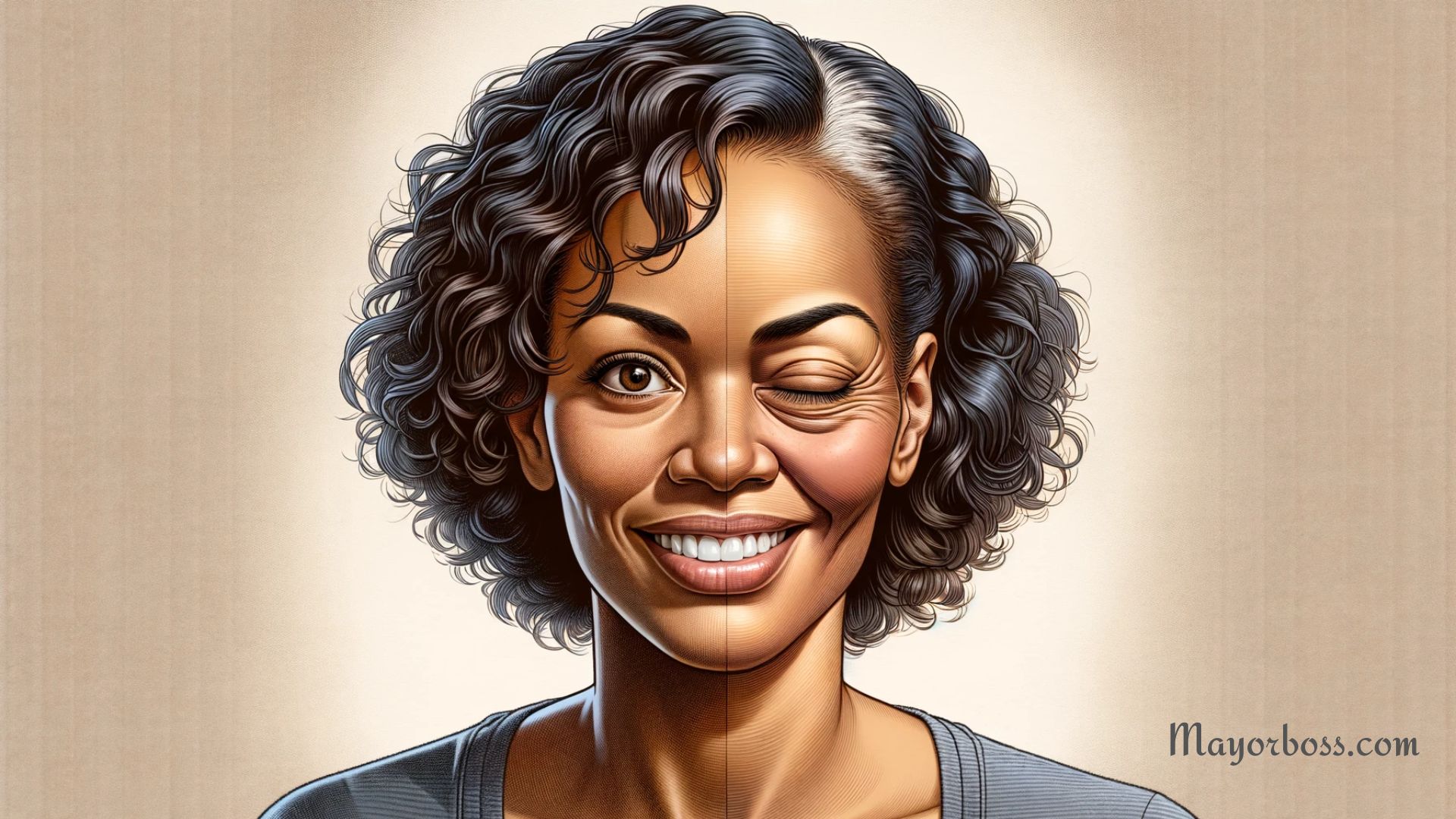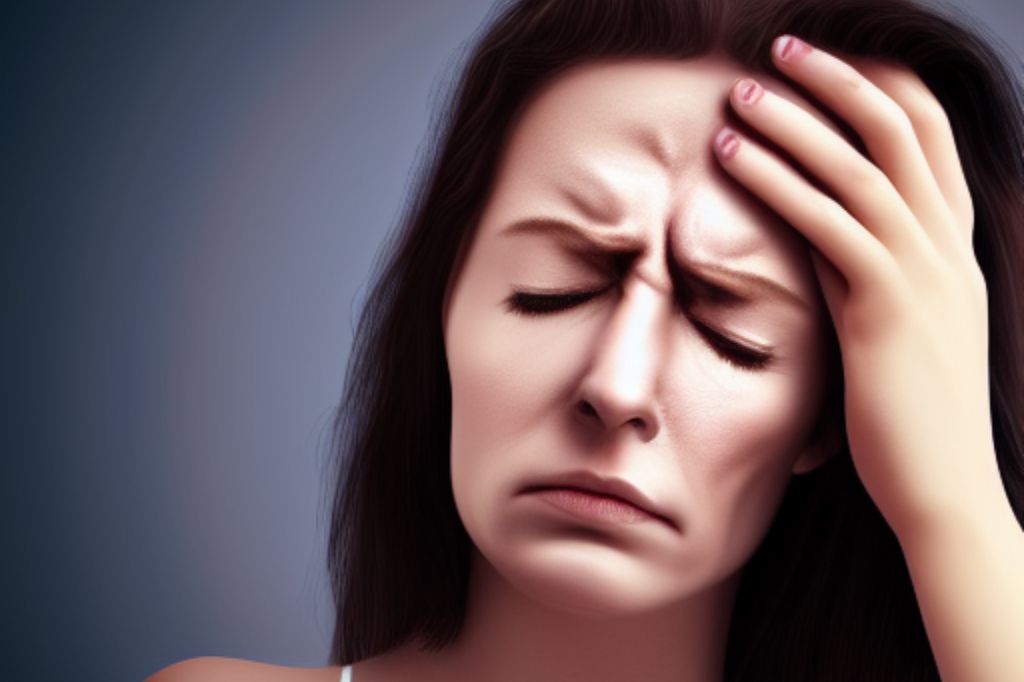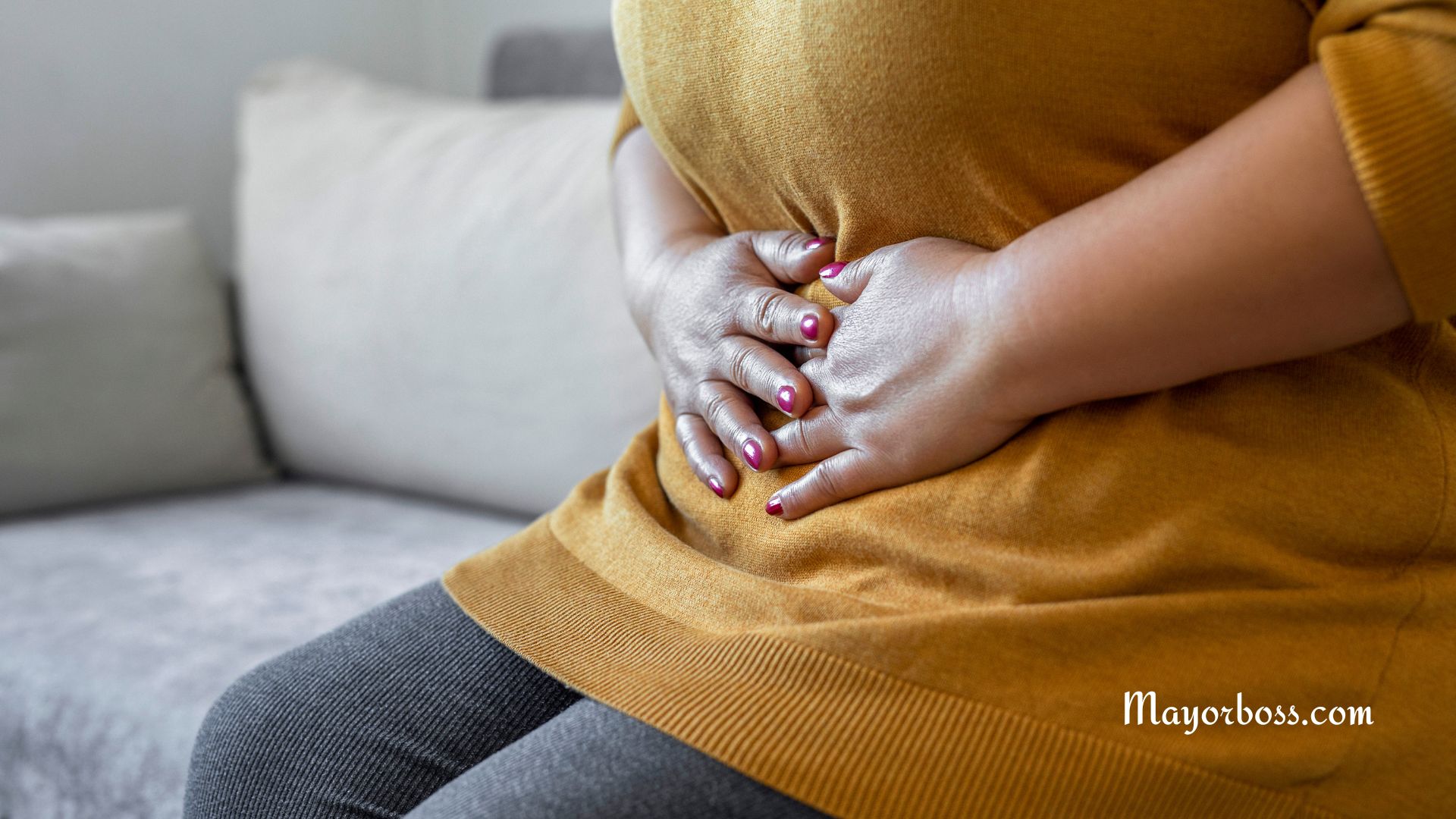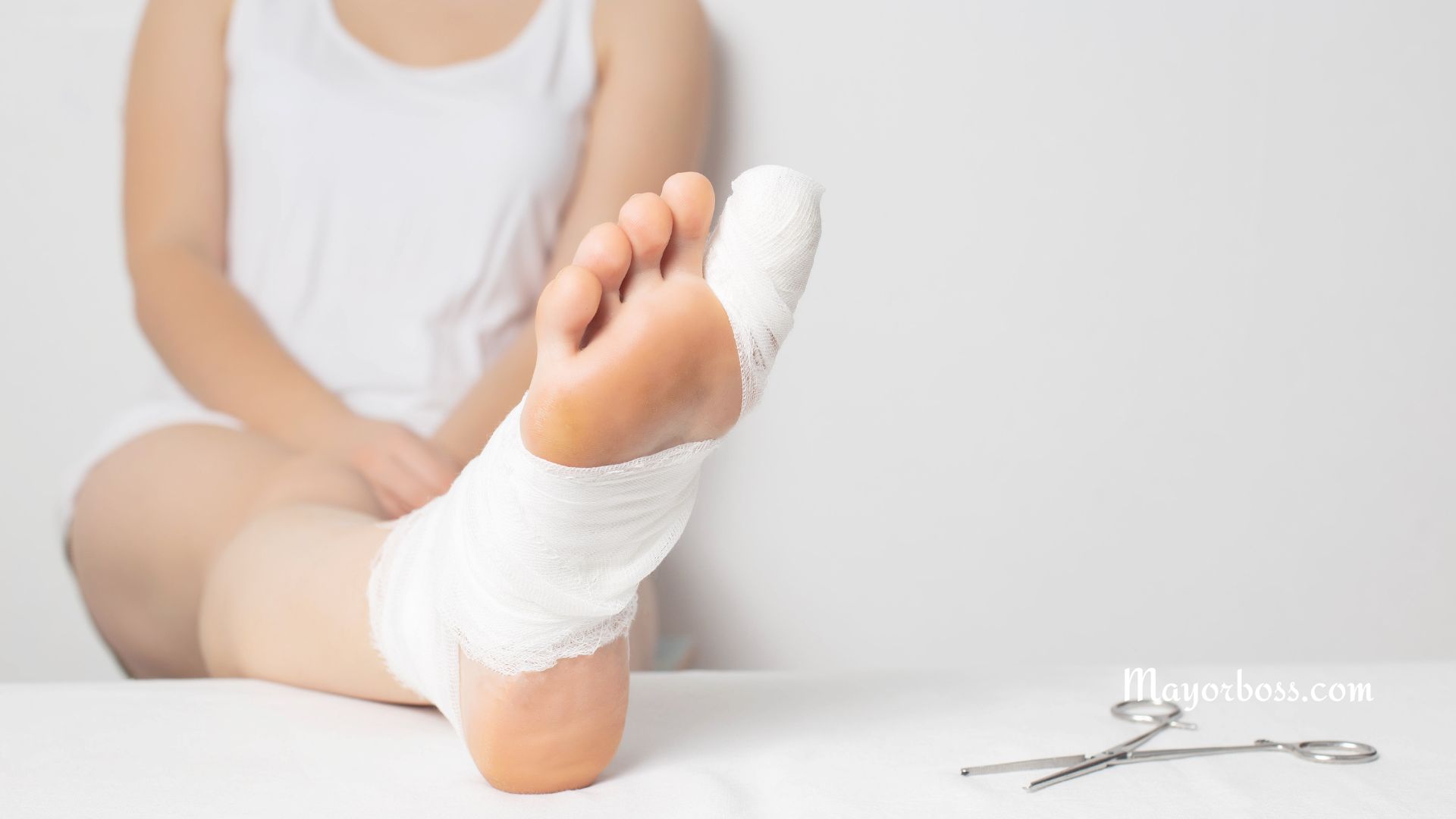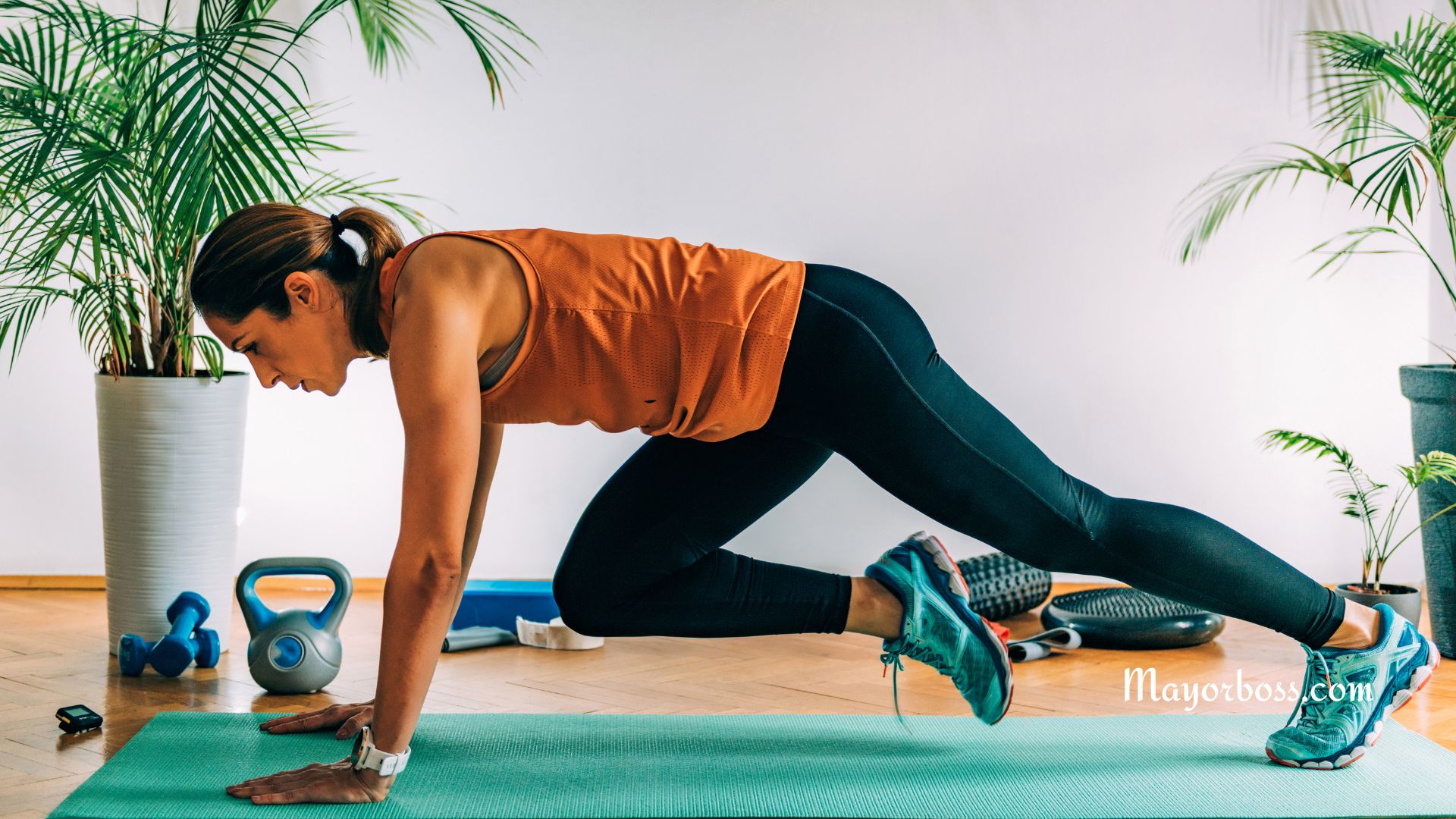What You Need to Know About COVID-19
COVID-19 is a viral infection caused by the SARS-CoV-2 virus. It affects the respiratory system and can result in symptoms like cough, fever, and shortness of breath. The virus spreads through respiratory droplets, and prevention measures include wearing masks, washing hands, and practicing social distancing. Vaccines are now available to protect against the disease.
What Is COVID-19?
COVID-19 is an illness that started in Wuhan, China, in late 2019, according to the National Library of Medicine. It’s caused by a virus called SARS-CoV-2. It belongs to a family of viruses generally known as coronaviruses, which can affect both animals and people.
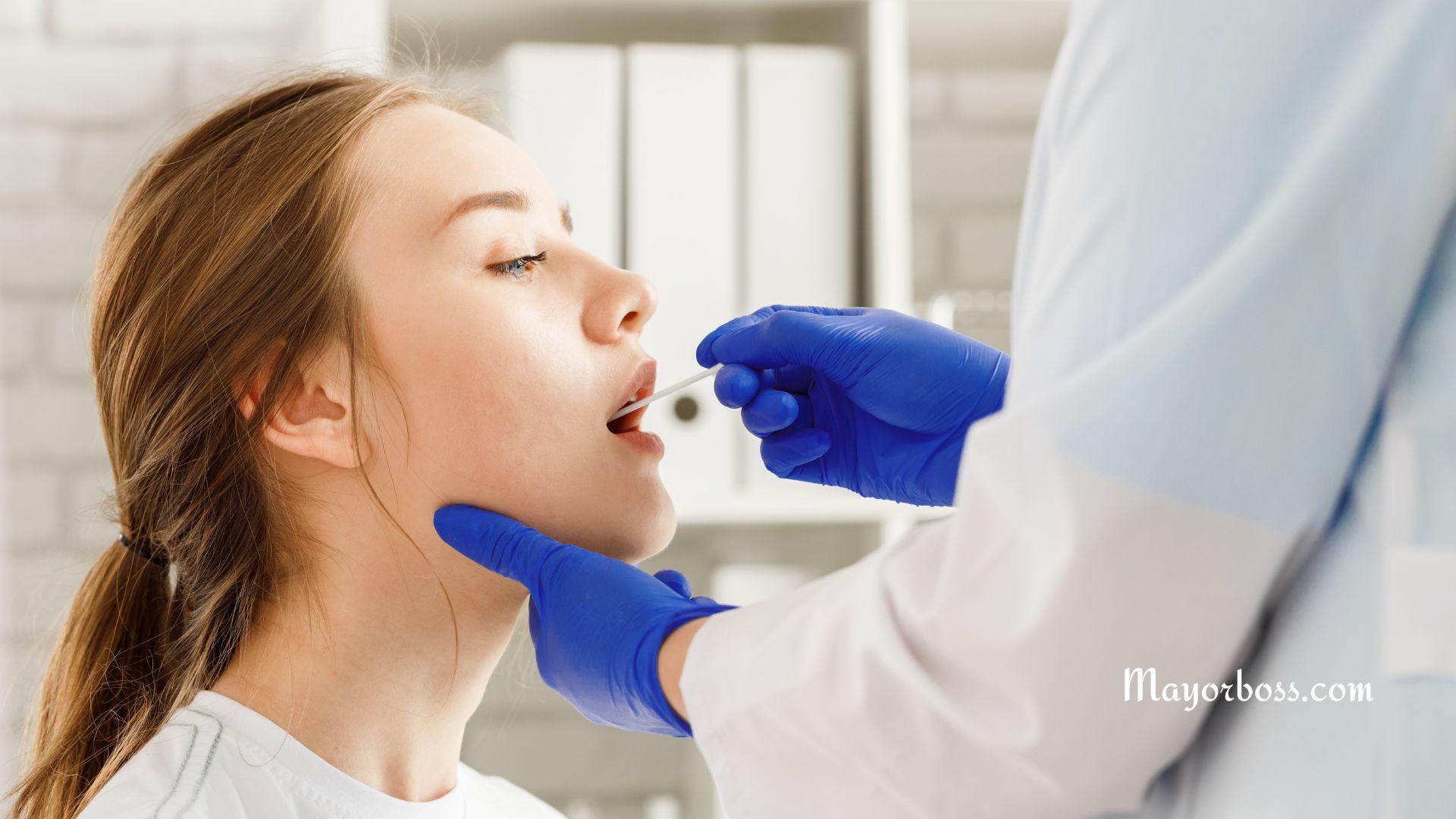
Symptoms
According to the Centers for Disease Control and Prevention, if you catch this virus, you may experience:
- Loss of taste or smell
- Fever or chills
- Sore throat
- Cough
- Shortness of breath or difficulty breathing
- Fatigue
- Muscle or body aches
- Headache
- Congestion or runny nose
- Nausea or vomiting
- Diarrhea
Asymptomatic Cases
Interestingly, some people don’t show any symptoms at all but can still spread the virus.
How Does COVID-19 Spread?
The disease primarily spreads through tiny droplets that come out of a person’s mouth or nose when they talk, cough, or sneeze.
Human-to-Human Transmission
If you are close to someone who has the virus, you might breathe in these droplets. Also, you can get the virus if you touch a surface where the droplets landed and then touch your face.
How to Protect Yourself
You can take some actions to lower your chance of getting the virus:
- Wear a Mask: This helps keep droplets from spreading.
- Wash Your Hands: Regularly wash your hands with soap and water, or use hand sanitizer.
- Avoid Close Contact: Stay at least 6 feet away from others, especially if they are sick.
- Get Vaccinated: According to health experts, getting a COVID-19 vaccine is a powerful way to protect yourself.
- Stay Away from Crowds: Try to avoid places where lots of people are gathered. The more space between you and others, the safer you are.
Types of COVID-19 Treatments
Antiviral Medications
Antivirals are key in fighting COVID-19. They work by preventing the virus from multiplying in your body. Remdesivir, for instance, received emergency use authorization from the FDA for treating COVID-19. It’s typically used in hospital settings for severe cases.
Steroids
Steroids, like dexamethasone, have been effective, especially for seriously ill patients. They reduce inflammation in the lungs and help with breathing difficulties. However, they’re not suitable for everyone, as they can suppress your immune system.
Monoclonal Antibodies
Monoclonal antibodies mimic the immune system’s ability to fight off harmful pathogens. They’re designed to block the virus’s entry into human cells. These are often used for mild to moderate cases and for patients at high risk of developing severe symptoms.
Immune Modulators
These drugs help modulate the immune system’s response. In some severe COVID-19 cases, the immune system can overreact, causing more harm than good. Immune modulators aim to prevent this overreaction.
Supportive Treatments
For less severe cases, supportive treatments are common. This includes:
- Oxygen Therapy: For patients with breathing difficulties.
- Fluids and Fever Reducers: To manage symptoms like fever and dehydration.
- Rest and Nutrition: Essential for recovery.
Antiviral Pills
Pills like Paxlovid have shown promise in preventing severe illness in COVID-19 patients, especially when taken early in the course of the disease.
Managing COVID-19 at Home
If you’re managing COVID-19 at home:
- Stay Hydrated: Drink plenty of fluids.
- Rest: Your body needs energy to fight off the virus.
- Monitor Symptoms: Seek medical help if symptoms worsen.
Impact on Daily Life
COVID-19 has changed many things about how we live, work, and interact with others. It has led to:
- Remote work and online learning
- Travel restrictions
- Changes in how we shop, dine, and entertain ourselves
Vaccination
Vaccines for COVID-19 are available, and they have been a key part of the fight against the disease. They work by training your immune system to recognize and fight the virus.
Why Get Vaccinated?
According to healthcare professionals, getting vaccinated not only protects you but also those around you, especially those who are more vulnerable to severe illness.
How to Get Vaccinated
You can usually get a vaccine through local healthcare providers, pharmacies, or designated vaccination centers.
Special Considerations for Kids and Older People
Kids
COVID-19 usually isn’t as severe in kids, but they still need to be careful. They should wear masks and wash their hands just like adults.
Older People
Older people might get sicker if they catch the virus. It’s very important for them to get vaccinated and be extra cautious.
What to Do if You Think You Have COVID-19?
If you feel sick and think it might be COVID-19, here’s what you should do:
Stay Home
Don’t go out. Stay home so you don’t spread the virus to others.
Call a Doctor
Tell a healthcare provider about your symptoms. They’ll tell you what to do next.
Get Tested
You might need to take a test to see if you have the virus.
When to Seek Medical Attention
It’s important to seek medical help if you experience:
- Difficulty breathing.
- Persistent chest pain.
- New confusion or inability to stay awake.
- Bluish lips or face.
Traveling During COVID-19
If you have to travel, make sure to follow all the safety rules. Wear a mask, wash your hands, and stay away from people as much as you can.
COVID-19 has changed the way we live. But if you know what it is, how it spreads, and how to protect yourself, you can stay safe and healthy.

